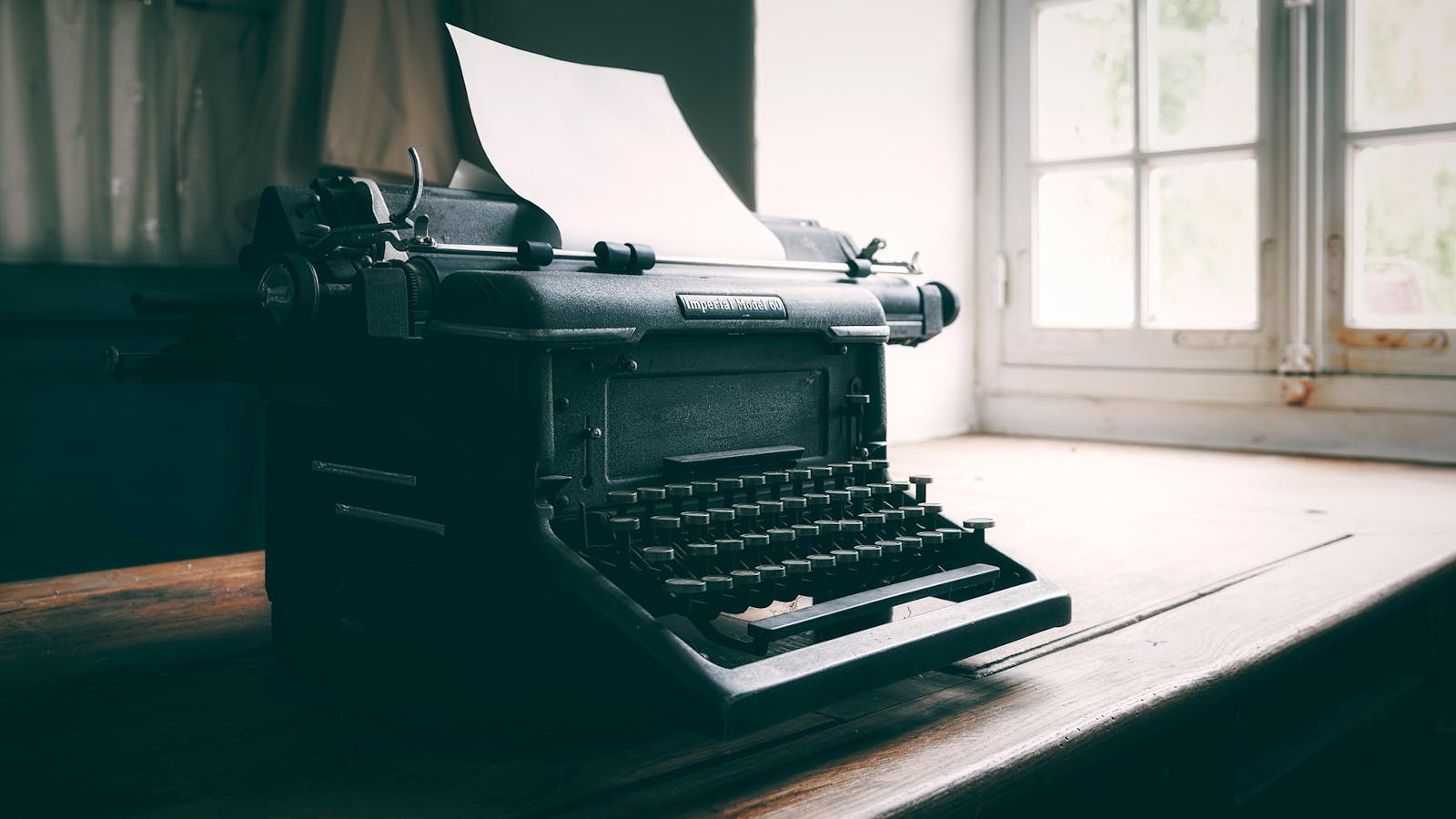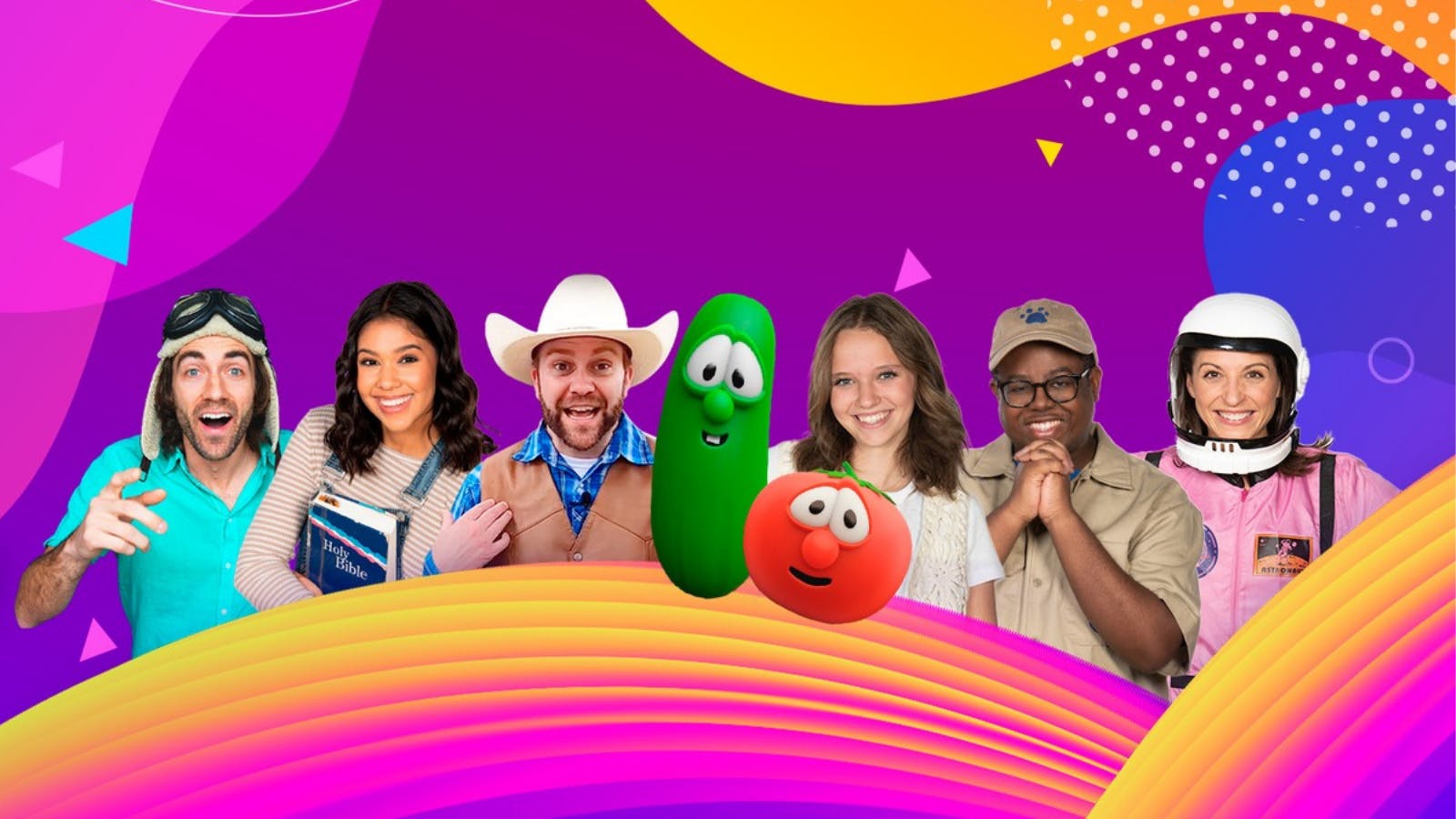
AI and the Crisis of Creative Quality
Where Do We Go From Here?
Dr. Andrea Lucas
9/24/2025
Dr. Andrea Lucas
9/24/2025
We stand at a crossroads in human history. Artificial intelligence has moved from the realm of science fiction into our daily reality with breathtaking speed. What began as experimental technology in university labs has become as commonplace as smartphones. From chatbots handling customer service to algorithms curating our social media feeds, AI systems now touch virtually every aspect of modern life. The technology's growth trajectory resembles nothing so much as the early days of the internet—exponential, transformative and largely unstoppable.
When it comes to all things AI, the question is not if, but when.
Today, our digital ecosystem is defined as a unique landscape where human creativity is blended with machine capabilities in ways that we’re still learning to navigate. Truth be told, it feels like nobody has a great answer as to how to do so effectively and authentically. We have reached the stage where content creators and consumers must decide how best to steward this tool—and where to draw a line in the sand.
The Marketing Revolution: When Machines Write the Message
Perhaps nowhere is AI's influence more visible than in the marketing world. Gartner predicted, for example, that by 2025, 30 percent of outbound marketing messages by large organizations would be AI-generated.
For context, that figure was less than two percent in 2022.
We can no longer brush AI off as a fad. This wild jump—which will no doubt grow exponentially in coming years—marks a fundamental change in how businesses communicate with their target audiences.
I see the writing on the wall—literally. My LinkedIn feed is consistently filled with stories of creators whose jobs have drastically altered or disappeared altogether thanks to AI. From social media posts to email campaigns, from product descriptions to blog articles, AI tools are churning out content faster than Dairy Queen soft serve.
Human writers simply cannot keep up. Marketing teams, pressured by tight budgets and demanding timelines, have embraced these tools as a solution to their content creation challenges. The promise is alluring: produce more content, faster, at a fraction of the cost.
Yet this efficiency comes at great hidden costs: loss of creativity and loss of human dignity.
The Great Creative Outsourcing
What began in marketing has spread like wildfire across creative industries. We're witnessing an unprecedented outsourcing of human creativity to artificial minds. Graphic designers use AI to generate logos and artwork. Musicians employ algorithms to compose melodies. Writers rely on AI to craft everything from news articles to poetry. Filmmakers are turning to AI to generate entire scripts.
Think about that: We are outsourcing our storytelling, one of the greatest inventions of mankind, to machines.
This trend represents more than technological adoption—it's a philosophical shift that underpins the nature of creativity itself. Isn’t it time we ask ourselves whether this outsourcing enhances or diminishes creative potential?
The democratization argument is compelling: AI tools can help those without traditional training access creative mediums previously beyond their reach. A small business owner can create marketing graphics. A student can get help improving the structure of their essay. These are real, tangible benefits, and they have value. But democratization of tools doesn't automatically equal democratization of quality or meaningful creative expression.
Do you really want to read a novel composed of chatbot garble by a subpar creative? I don’t.
The Gathering Storm: Hidden Dangers of AI Dependency
The rapid embrace of AI creativity carries significant risks that many fail to consider. When we delegate creative thinking to machines, we risk atrophying our own creative muscles. Like any skill, creativity requires practice, struggle and refinement.
Read this excerpt from Charlotte Bronte’s Jane Eyre, long considered one of history’s greatest novels:
"Is it Jane? WHAT is it? This is her shape--this is her size--"
"And this her voice," I added. "She is all here: her heart, too.
God bless you, sir! I am glad to be so near you again."
"Jane Eyre!--Jane Eyre," was all he said.
"My dear master," I answered, "I am Jane Eyre: I have found you
out--I am come back to you."
"In truth?--in the flesh? My living Jane?"
Now, let’s look at how AI might craft a little creativity. I gave a chatbot the following prompt:
I like to take long walks on beautiful trails, particularly in the fall. Write me 3-4 sentences for a novel where you reflect on how peaceful it is to walk amongst the leaves and ponder the meaning of life.
Here’s what it produced:
The crisp rustle of fallen leaves beneath my boots felt like nature’s own whisper, steady and reassuring. Golden light filtered through amber branches, casting long, thoughtful shadows that moved with me as if they, too, sought something beyond the moment. Each step along the trail quieted the noise of the world, leaving room for gentler questions—about purpose, about time, about the strange, beautiful ache of being alive. In the hush of autumn, it seemed the earth itself was pausing to wonder.
Tired, cliché writing with bland, overused descriptions (“quieted the noise of the world”—as if that’s never been written before!) that reads like coffee table poetry. A discerning eye recognizes the lack of human effort here. My greatest concern is that, over time, these chatbots are going to drown out the beauty of human thought in favor of these garbled, goopy messages.
AI systems, for all their sophistication, lack the human experiences that give creative work its depth and authenticity. They can mimic patterns and styles, but they cannot draw from lived experiences, genuine emotions or spiritual insights. The result is often technically proficient but spiritually hollow content.
To be a writer—to be a creative—is so much more than to give a chatbot a weak writing prompt.
And don’t get me started on homogenization. Remember: AI is all about datasets. As more creators rely on the same AI tools trained on similar datasets, we risk a flattening of creative expression. More so-called AI creatives will ultimately result in less variety and a world where all AI-generated artistic expression will look remarkably similar.
A Better Path: AI as Companion, Not Creator
So, how do we effectively utilize AI without allowing it to stomp on human dignity by eliminating human creativity?
The solution isn't to reject AI entirely. One, we’ve walked too far down the path to turn back now. Two, there are benefits to AI, especially when it comes to streamlining mundane aspects of work. What we must decide is how AI can be genuinely helpful without overriding human creativity.
My advice? Utilize AI to leverage human strengths—not wipe them out. Think of it as an editorial assistant. From grammar and typos to even a brainstorming tool, AI is useful at pointing out flaws and offering general creative insights. For example, it can suggest alternative word choices and identify structural issues in your writing. It’s also a great “friend” when you’re stuck. I like to write out my creative ideas and ask it to help me identify the best ones to continue to research. It’s like a finger pointing in the right direction, but I’m still doing the walking.
By keeping myself in the driver’s seat, I embrace discipline and intentionality. I maintain my creativity. I also resist the temptation to let AI do the heavy lifting of creative thinking. Yes, it can enhance my approach, but it in no way defines it. I am the developer; I am the creator. The skills are mine.
Where We Go From Here
As people of faith and conscience, we have a particular responsibility to approach AI thoughtfully. We're called to be good stewards of our creative gifts—gifts that reflect something of the Creator's own nature. When we delegate our creativity entirely to machines, we risk neglecting these gifts rather than developing them.
This doesn't mean we should fear or avoid AI tools. Rather, it means we should use them in ways that enhance rather than replace our God-given creative capacities. We should pursue excellence in our creative work, understanding that the process of creation—with its struggles and breakthroughs—is often as valuable as the final product.
The path forward requires wisdom, discernment and commitment to quality over convenience. It means valuing the human elements that AI cannot replicate: empathy, spiritual insight, lived experience and the patient craft that comes from years of dedicated practice.
The path forward also requires that we celebrate and reward human creativity. If we want more Charlotte Brontes in this world, we must invest in creativity and reject attempts to water it down by turning AI assistance into AI authorship.
AI has permeated countless aspects of work and life, and the need for authentic, thoughtfully crafted human creativity has never been greater. Yes, we can use AI to create fast, cheap content. But at what human cost?
Will we choose to create content that matters, that lasts and is remembered for generations to come or will we succumb to watered-down assets that pale in comparison to the greats? The choice is ours. Let us make it consciously, before the momentum of convenience carries us further from the creative excellence we're called to pursue.
Want to reach faith-driven audiences with content that inspires and resonates? Partner with The Christian Post—where real humans craft meaningful messages rooted in truth, purpose and creative excellence.


